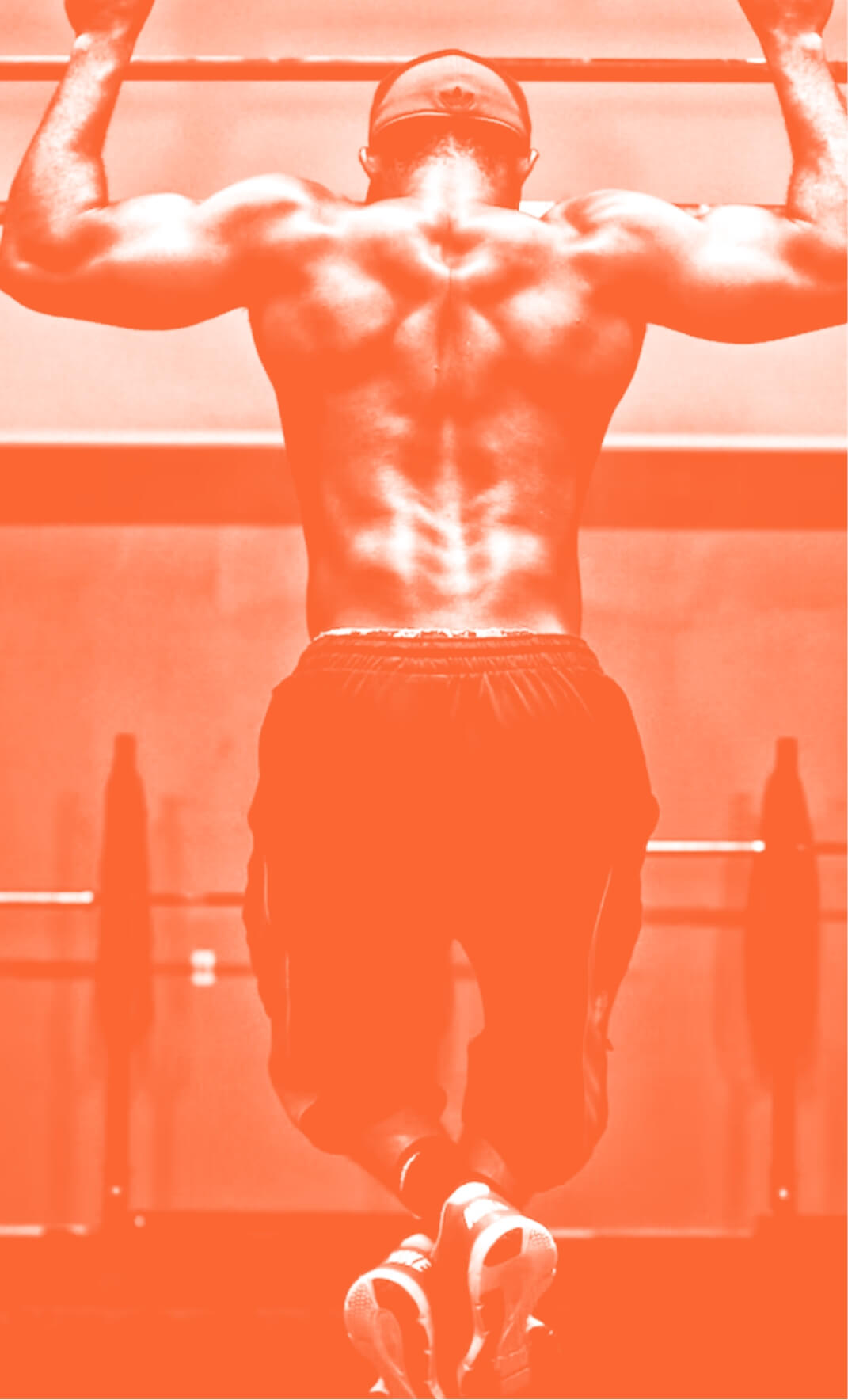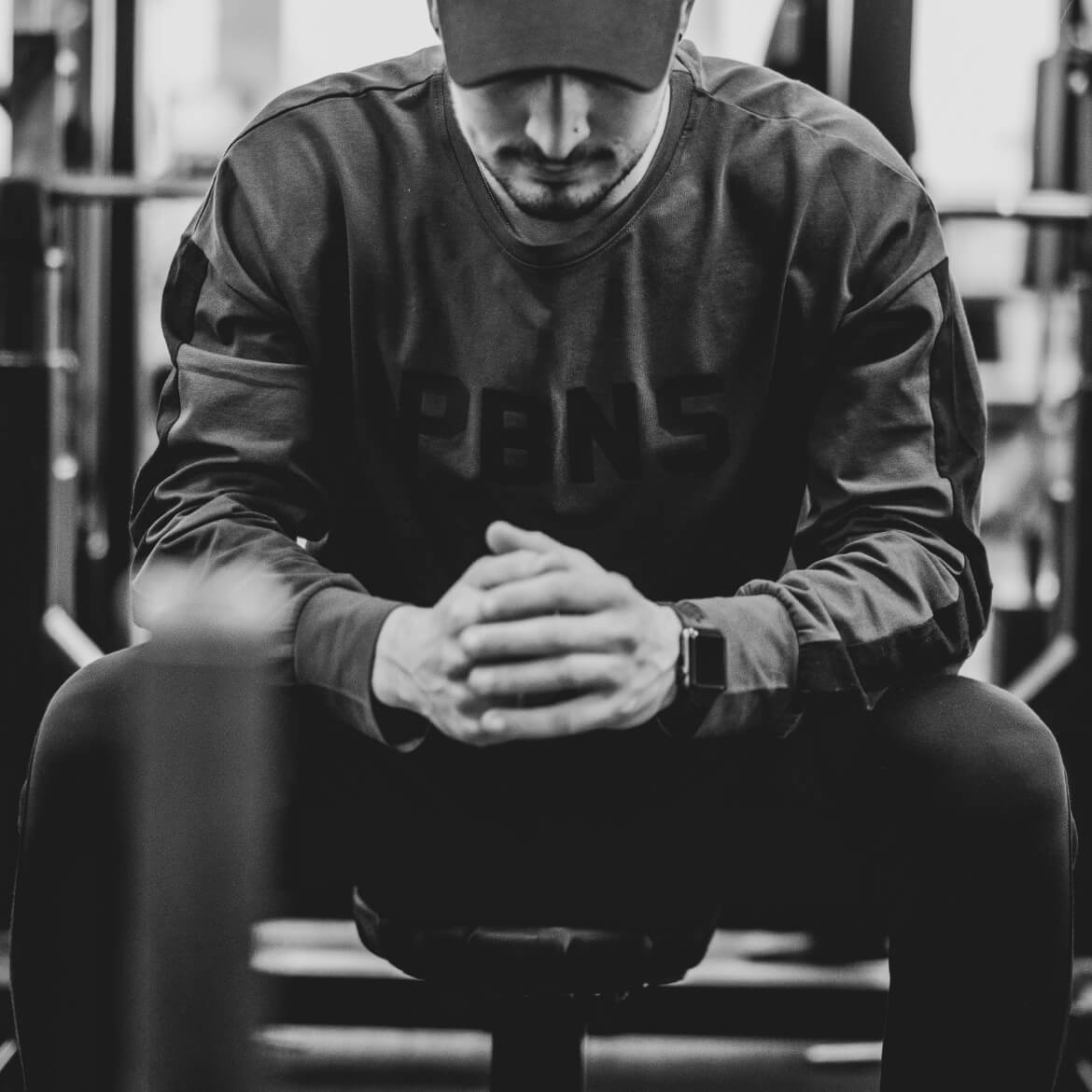What Is Body Image & How Can It Affect You?
12th Mar 21

How we view ourselves and our bodies is a big part of most people’s lives. Many of us worry that we don’t look ‘perfect’ or are concerned about how people around us view our bodies. Body image is influenced by many things, whether it be internal influences like personal anxieties or external influences, such as how the media portrays the ‘perfect’ body.
Either option can have a negative impact on anyone and can cause people to make drastic changes to their lives to try and make themselves look as they think they should.
Want to move fast? Jump to the right section below.
Body Image for Men
Though not as talked about, body image is just as big of an issue for men as it is for women. The difference for men is that they generally are not as encouraged to talk about it as women are.
In a survey by the Mental Health Foundation, they found that nearly 3 in 10 men aged over 18 had felt anxious because of body image issues. Whilst 1 in 5 men said that concerns regarding body image had made them dress in a way that hid their bodies.
More worryingly, more than 1 in 10 of the men surveyed said they had experienced suicidal thoughts and feelings because of body image issues, and 4% of male respondents said they had deliberately hurt themselves because of body image issues.
Society
There are several reasons why men may struggle with body image. Society is the main reason as it has created a stigma around men talking about anything that society thinks may make them appear weak. Issues such as mental health or body image can become much bigger things. Encouraging men to speak out about their concerns can help prevent them from developing into conditions such as eating disorders or self-harm.
Media
Another major cause of body image issues in men is how they are represented in the media. Big Hollywood films and fashion advertisements make their men bulk up or use features such as airbrushing and makeup to show the appearance of the ‘perfect’ man. This portrays an image that men need to look to be a superhero or for people to find them attractive.
Most of the time, if you were to ask those men how they became so fit and muscular, you would find that it isn’t necessarily in a safe or sustainable way. They bulk up for a job and then return to their normal diet and fitness regime. This doesn’t mean men shouldn’t try to be fitter and healthier, but the media forcing these ideas can be very damaging and dangerous. In the same way that all gender types and all sexualities should be represented in the media, the inclusion of different body images other than ‘big and muscly’ is just as important.
Females & Body Image
For females, the issue of body image has recently become a more spoken-about topic. Body image worries for women can stem from many places such as stress, the media, ageing, and even friends and family.
It is very easy for a woman to begin looking at themselves and their bodies in a negative light. This can lead to dangerous dieting, eating disorders and self-harm.
Life & Ageing
There are lots of sources for women that can cause them to dislike their bodies. Life events like pregnancy and menopause can cause weight gain and changes in the body and this can affect their mental health. This can cause thoughts of having to get their bodies back to how they were before or that partners will now see them differently or find them unattractive.
Women tend to compare themselves to other women as well. The stigma around only young women being able to look beautiful can negatively impact women as they get older. They may feel like ageing means they aren’t looking after themselves right or that they don’t fit into the category of the ‘perfect’ woman anymore.
Both of these issues can lead to eating disorders and self-harming in an attempt to look younger, slimmer, or more beautiful.
Media
Similarly to men, the media plays a big part in women’s issues around body image. Hollywood blockbusters, TV shows and fashion adverts show women as young, beautiful and slim. This presents a false image of how women ‘should’ look. Like the issue around men’s representation, many of these women are on unsustainable diets or have been airbrushed to look ‘perfect’. This can create negative body images around unattractiveness or not fitting in.
Unlike men, women have advertisements that show them how to look younger or prettier. Generally, these ads use women who have been airbrushed to look like the treatments worked. In reality, all they probably did was make you spend a lot of money on nothing. This has created a stigma that wrinkles or not wearing makeup is a negative thing that needs fixing.
Body image is a big issue in society, but it is one that is being addressed. Everyone needs to make positive changes to help themselves and even to help others. Talk to someone if you start having issues with how you view your body. It could be friends, family or even a medical professional. Everyone has things they would like to change, but that doesn’t mean that you are ugly or don’t look ‘perfect’; just make sure any changes you make are positive, safe changes to better yourself. Please do it for you, no one else!

Before beginning any exercise or nutrition program, consult your physician, doctor or other professional. This is especially important for individuals over the age of 35 or persons with pre-existing health problems. Exercise.co.uk assumes no responsibility for personal injury or property damage sustained using our advice.
If you experience dizziness, nausea, chest pain, or any other abnormal symptoms, stop the workout at once. Consult a physician or doctor immediately.









